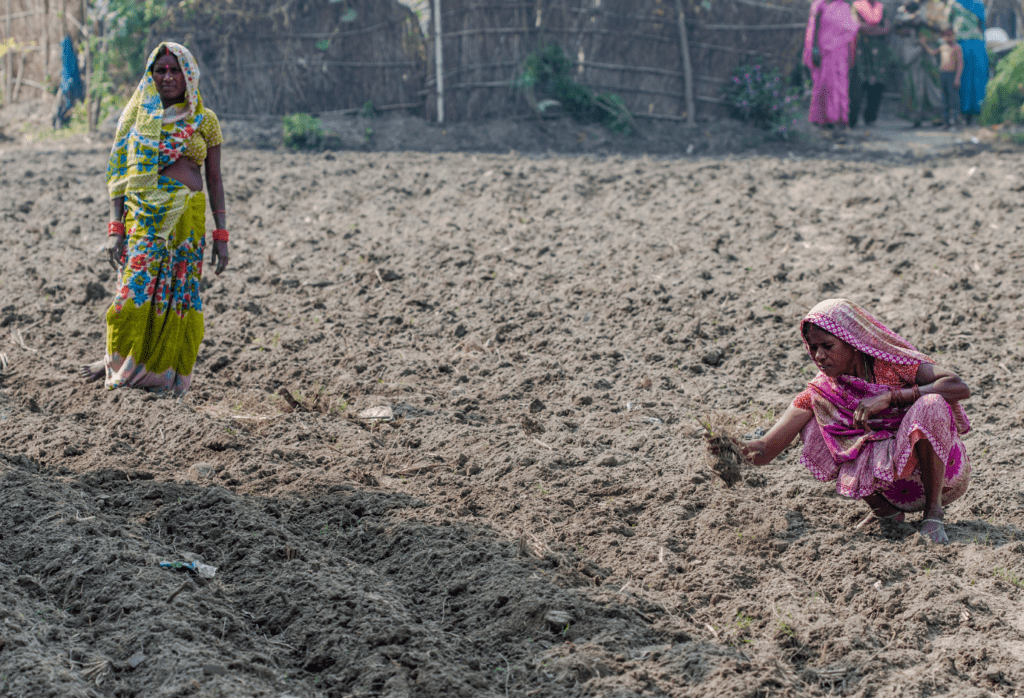Around the world, the hunger gap between women and men is rising, with at least 150 million more women going hungry than men in 2021.
According to a new report from international aid organisation CARE, the world-wide food security crisis has been exacerbated by climate change, the pandemic and Russia’s invasion of Ukraine — widening the gap between the number of women going hungry compared to men.
Four years ago, 18 million more women than men were food insecure.
Last year, UN’s Food and Agriculture Organisation published research which showed that the figure had jumped to 150 million more women who were food insecure.
CARE Australia CEO, Peter Walton, said the latest CARE report reveal statistics “you rarely hear about, and it’s getting worse, fast.”
“We know food prices are going up at home and abroad, we know there’s a real risk of unprecedented famine, but what’s rarely talked about is how unequally and unfairly this is experienced by women,” he said.
“What’s really concerning is that this is a reversal of progress — until recently the gap was shrinking. That’s reflective of a reversal of gender equality gains more broadly, with the UN warning generations of progress by women’s rights movements is being undone.”
Walton blamed a lack of resources and opportunities for women as a reason they are going hungry.
“The pandemic has exacerbated this, with women bearing the brunt of job losses and income losses because they’re overrepresented in insecure work, amongst other reasons,” he added.
In the Asia region, roughly 13 per cent of women and ten per cent of men were severely food insecure last year.
The latest CARE report, written by Miriam Selva and Emily Janoch from the US branch, showed women were critical players across all levels of food production, despite experiencing more hunger than men.
Investing in female farmers has improved food security, while female controlled crops have corresponded with an increase in overall household food consumption.
Though women are often not recognised as farmers, their land ownership is connected to income growth and improved child nutrition.
Walton believes that closing the gender hunger gap requires the same solutions as closing the gender gap overall.
“Women must have equal rights, resources and opportunities,” he said.
“Food is one of the most foundational human needs — without equal access to nutritious food, the rest of the gender equality project falls down.”
Women in rural areas suffer a “triple burden” of being productive, bearing the responsibility for unpaid care work, and connecting communities.
According to research cited in the report, women in rural areas spend around 14-hours a day on care work.
“Gender equality is highly connected to food security at a local, national, and global level,” the report stated. “The more gender inequality there is in a country, the hungrier people are.”
Yemen, Sierra Leone, and Chad were among the worst countries for gender equality, and had the lowest food security records.
“The less gender inequality there is, the greater the food security,” the report concludes.
“Leaving women behind in crises and their solutions only gives space to new crisis or to the worsening of the existent ones.”
“Women must be taken into account in each of the areas in order to identify the inequalities experienced and balance responsibility and opportunities for women and men that allow countries households to cope and adapt to the different contexts.”
Read the full report here.


